Your camera is a tool, tools should be kept clean to operate properly, but because they are also sensitive electronic devices, some special care needs to be taken. This guide will give you a great overview to keep your gear working properly and for a long time, all the while performing the day you pulled it out of the box.
Body
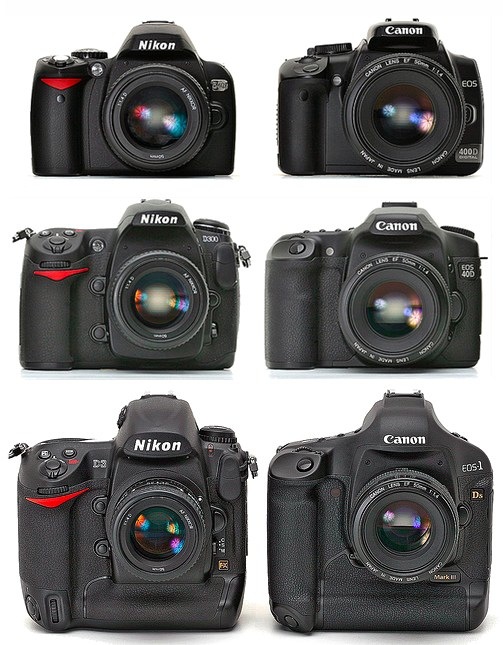
Wipe the body down with a soft rag and / or use an air blower to remove dust and from any area the rag can't reach. Avoid chemicals as they may deteriorate the finish and coatings that the manufacturer has applied. A trick to getting dust out of the small gaps around shutter buttons and mode dials is to use a clean, new, hard bristle paint brush to softly coax them out. Use a standard pencil eraser to clean the contacts for the hot-shoe too. Many people have bought a new flash or taken theirs in for repair only to later find out a dirty contact was causing their inconsistency problems.
Lens
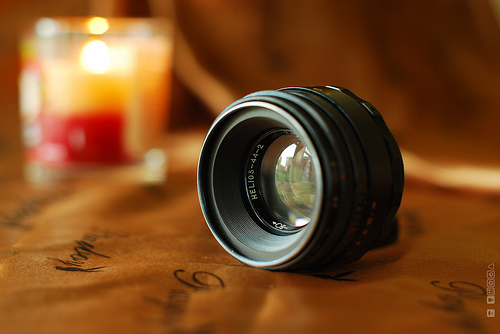
Lens barrels can be cleaned the same as a body, with a soft cloth. The element itself should be cleaned with either dedicated, disposable photo wipes or a microfiber cloth and cleaning fluid. When using the microfiber cloths, take care to always store them in the provided bag and replace often. The ongoing debate to whether or not a UV filter has adverse effects on photo output is as heated as a Chevy vs. Ford or Windows vs. Mac debate, but in regards to lens cleanliness, it's a sure fire way to help drastically reduce accidental scratches and other associated problems. When cleaning, don't ignore the rear element and contact points too!
Your hands touch the body and lens often, so even if they don't look too dirty spend a few minutes once a month to wipe them down anyway.
Internals
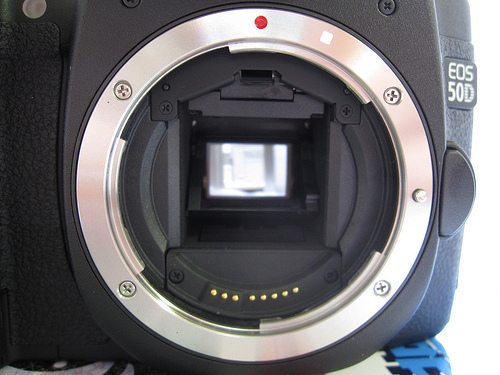
Check the metal mount ring for any debris every time you change the camera, a lint free microfiber cloth can be used to clean it should something be there.
The mirror inside your DSLR is off limits, don't even bother trying to clean it, you could cause more harm then good.
Whether you should personally clean the sensor itself is another one of those Ford vs. Chevy debates that will forever reign on. There are some very good tools to clean your sensor at home, but one wrong move and you could damage it beyond repair. Sensors should be cleaned when the dust / dirt on them is negatively affecting your post production. The other option is to have a professional do it, most local camera shops offer this service and even pre-sell a number of cleanings at a discount. If this is the route you are going down, check what the shops policy is in the rare event they damage your gear.
Clean your gear before you go shooting! While it's not uncommon to get your gear dirty in the field, you shouldn't be doing preventative maintenance while on a shoot. Lastly, clean out your camera bag. Remove anything that could potentially scratch your gear (loose change for example) and, from time to time, remove everything including velcro'd in dividers and give it a good cleaning. A lint roller is a great tool to remove hair, dust, dirt and other gunk from inside your bag. It's pointless to spend time cleaning your gear if you put it back into a dirty bag.


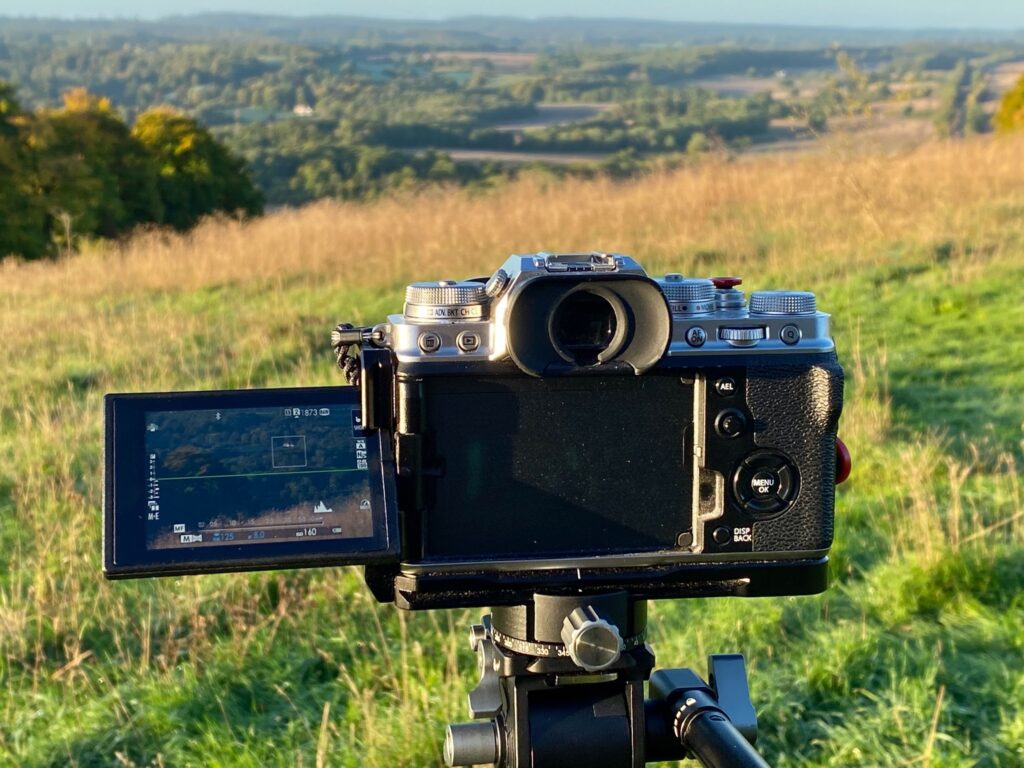
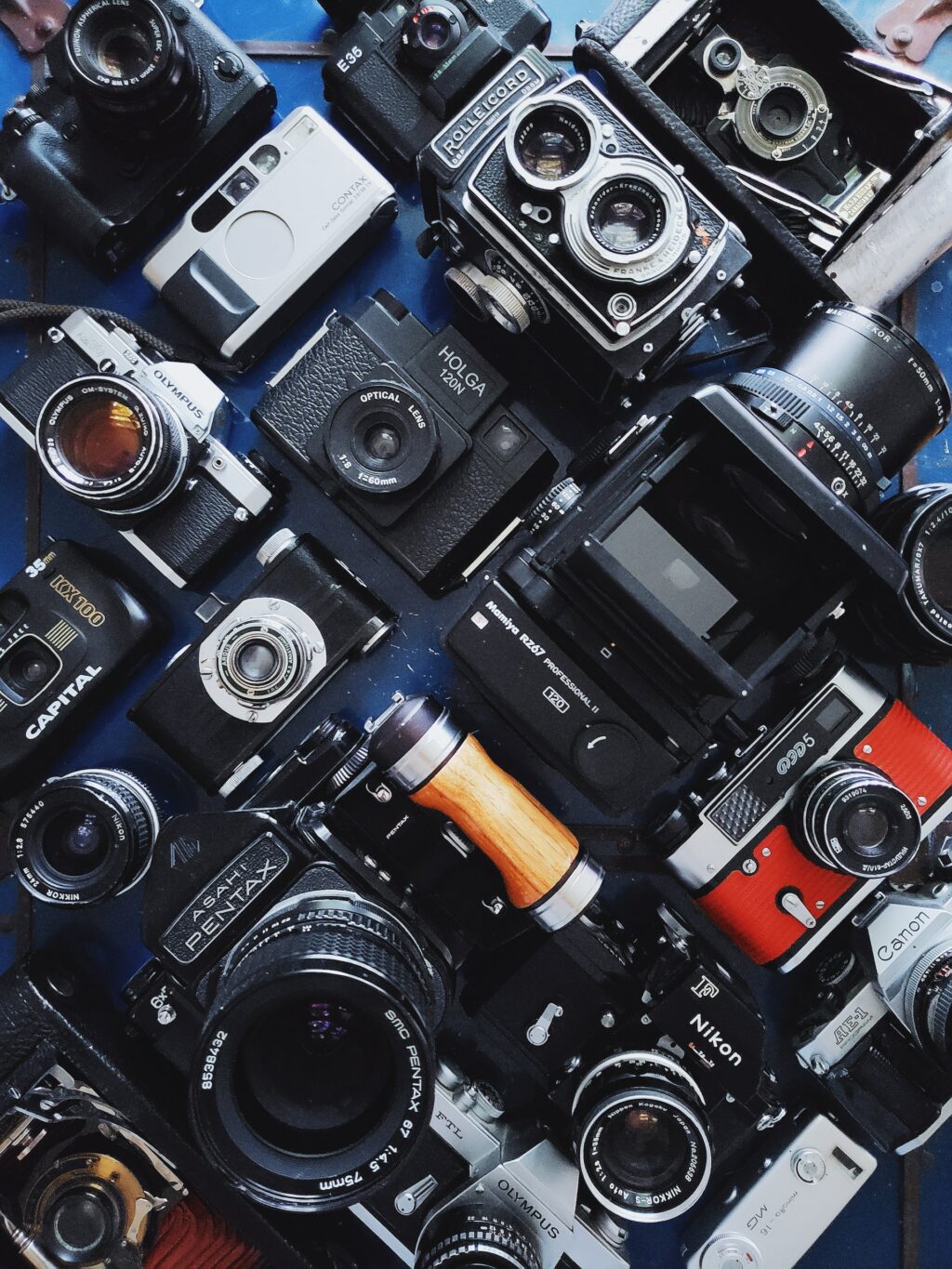
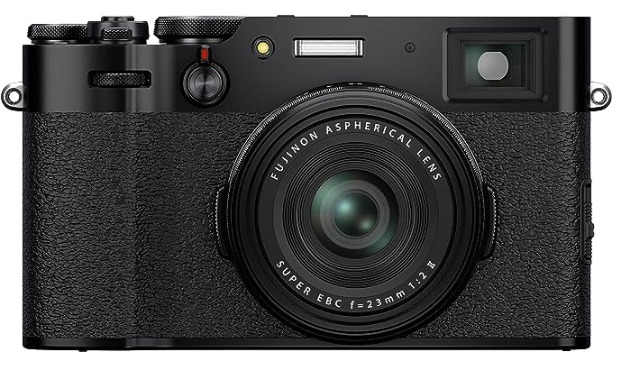

1 Comment
My brother said I should just take the lens off and put it in the dishwasher.